
We had heard stories of the shoes from traveling acquaintances. We had seen images of them in the documentary aired on the bus ride to the camp. Our guide even warned us just moments before we entered the wing of the museum. But nothing can prepare you for the sight of 80,000 shoes. More than the massive rooms filled with pots and pans, more than the piles of twisted reading glasses, even more than the tons of human hair—there is something about the shoes that is completely shattering. I think it is the personality that is contained in a shoe. There is something even more human about a shoe than hair. The mountain of shoes is the story of 40,000 people—each pair the reflection of who they were in life, and in death. The size, the shape, the color, leather, or rubber, or cloth—each characteristic is a memory of the person who walked in that shoe. The thick boots of working men, the fashionable heels of urban women, the tiny booties of babies; thrown together in heaps of hatred.
We traveled from Krakow to the Auschwitz and Birkenau German Death Camps to bear witness to one of the greatest human tragedies in history. The camp itself has been converted to a museum, allowing the visitor to walk the same gravel roads as the one million people who died there. We entered the barracks, we stood in the suffocation cells, we touched the execution wall, we walked inside the gas chambers. The hours we spent at Auschwitz and Birkenau are some of the most solemn hours of our lives.
Jeannie and I were partnered with a brilliant guide. He provided all of the objective facts you expect in a historical tour: the timeline of the concentration camp, the names of political figures, the events that led to the Holocaust, the methods of industrialized death. But as a descendent of those persecuted in the Second World War, he told the story through the eyes of the victims. We were made to feel their plight. Through his words we were able to comprehend the madness of their fate. Somehow, for a moment, he was able to put us into a pair of the 80,000 shoes.
There is a quote inscribed on one of the brick walls as you enter the gate to the camp. It says, “Those who cannot remember the past are condemned to repeat it.” As our guide walked with us through the past, never once even hinting a smile, I held this quote in my mind and eagerly anticipated a close to the tour cloaked in hope for the future. I followed our guide, his hands clasped behind his back, thinking that surely the pain and the sadness he endures every day, the horror he relives for dozens of visitors every week, is made tolerable by a hopeful belief that mankind has learned from the atrocities of the Holocaust, that we are not condemned to repeat it. In his closing thoughts, through a thick Polish accent, he instead asked us to dwell on war in Africa, on the crimes against human rights in China. He then thanked us for coming, and left us staring out over the train track that transported one million innocent people to their end.
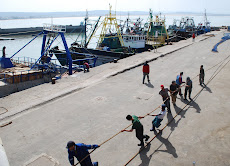

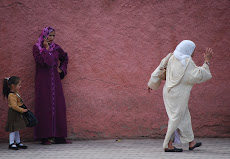




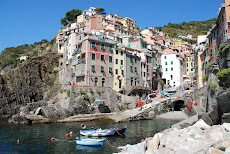



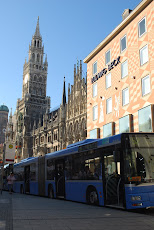
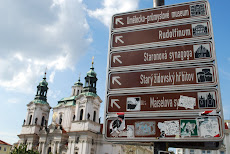
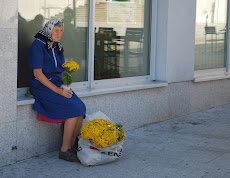
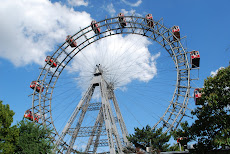

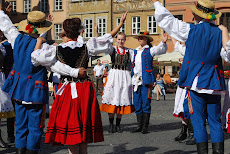




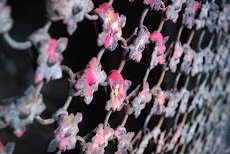


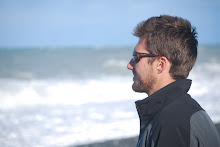
Everyone in the world needs to experience the remains of one of these hellish camps. I did so in Dacheau. One comes away realizing that people actually can do and did do such inhumane things to other members of the human race. We all need to realize this so that we can be sure it is never allowed to happen again. Thanks for sharing, Casey!
ReplyDeleteThat you for sharing Casey. Nothing can prepare you for what you both witnessed. I am so glad you were able to experience the feeling of 80,000 shoes. Let's us pray history will never repeat itself.
ReplyDeleteI hope you both,and Hayley/Joe can make a trip to Dachau in Germany. It is just a powerful, and surreal.